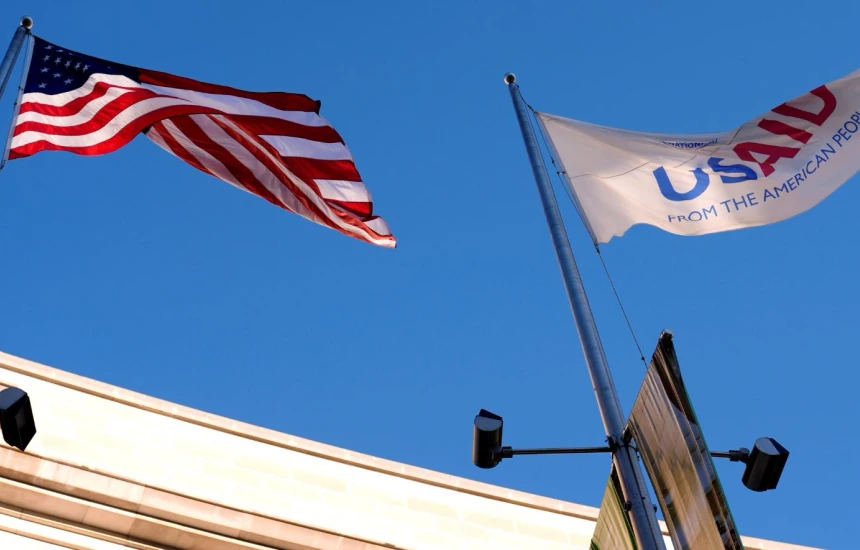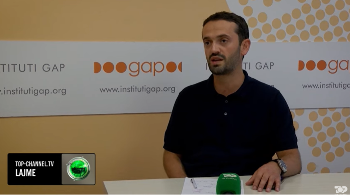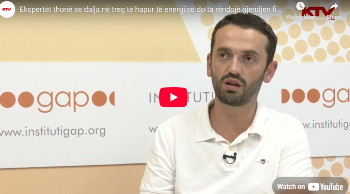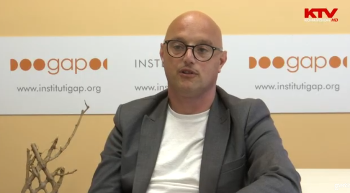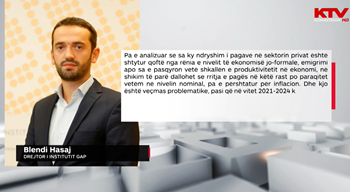Against procedures, the Government adopted the Law on Trepça
06/10/2016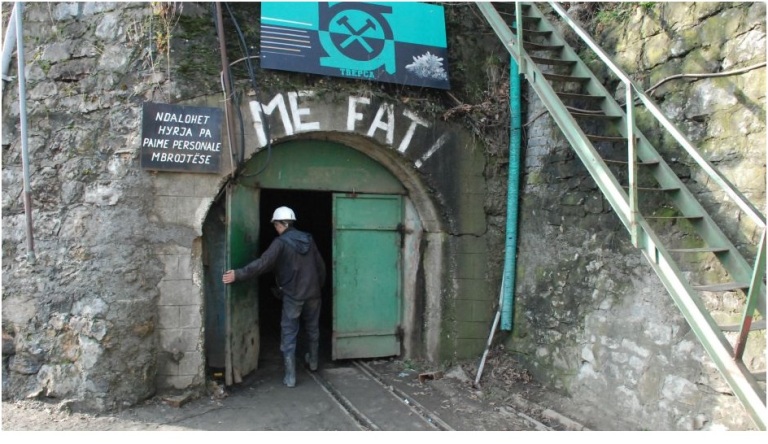
On the 111th meeting of the Government of Kosovo held on October 5, 2016, the Government approved the Draft Law on Trepça and sent it to the Parliament for consideration and approval. On October 6, 2016 the Draft Law will be discussed on the Parliamentary Committee for Economic Development, Infrastructure, Trade and Industry, whereas a day later will stand out for its first reading in a plenary session.
This could make the Law on Trepça one of the laws which falls into the category of those approved in an expedited manner, although the problem it regulates has as long of a history as the Kosovo institutions themselves, for 16 years now.
Four Violations on Procedural and Democratic Principles of Legislation Approval
Draft Law on Trepça is not part of the Legislative Strategy for 2016.
Besides, by not having an open public consultation and not publishing the content of the Draft Law, the Government violates its Regulation of Rules and Procedure, specifically article 32.
By not having an open public consultation, the Government violated the Guide on Public Consultation Procedures as well
In this guide, the Government states that “the process of consultation allows the Government to improve the quality of laws while they are drafted and before being submitted to the Assembly for consideration, whereas it enables the Assembly to make the final improvements before their final approval.”
In spite of this, the Government did not see fit to organize a public consultation on the Draft Law on Trepça. This draft was introduced in a plenary session without first being approved by the Government, which means that the Presidency of the Assembly decided to debate on a document that had not even been seen by the members of the parliament.
This violates the Rules and Procedures of the Assembly of Kosova, specifically article 15.7, which requires that members be provided with materials for discussion, three days before the plenary session.
Main points of the Draft Law on Trepça
According to the new law, Trepça will be transformed into a joint stock company where 80% of the shares will be owned by the Government of Kosovo, while 20% of the shares will be owned by the employees. The new Trepça Enterprise will have three units: 1. The Trepça Mines - Stan Terg; 2. Mines with flotation Kishnicë and Artanë; 3. Mines with floatation Kopaonik – Leposavic.
The method of selecting the board is the same as the current selecting procedures of public enterprise boards. The problem with this method of governance of the Trepça J.S.C. is the risk of politicization of the board as it has happened before with other public enterprises. Politicization of the PE boards has caused destruction and loss of value of assets and reduction of efficiency in these enterprises (such as PTK). Given that, instead of increasing the criteria in regards to the issues of transparency and depoliticization of boards, the law diminished these criteria. For example, while the Law on Public Enterprises requires for a board member to not have been a political appointee in the past three years, the Draft Law on Trepça stipulates that the board member shall not be a member of political forums only for the current period.
Another problem with this law is that it refers to the Law on Public Enterprises regarding the form of management of Trepça; however, its board will have nine members, while according to the Law on Public Enterprises the maximum number of board members is seven. Another difference regarding the Law on Public Enterprises and the Draft Law on Trepça is that Trepça employees will potentially have their representative on the board because they own 20% of the shares, whereas the employees of other public enterprises do not have such an opportunity. GAP Institute has recommended that PEs have employee representatives in the board as a way to reduce the influence of politics and its involvement in important processes of the enterprise.
The Draft Law allows private sector participation through various forms of investment. The Draft Law stipulates that 20% of the value of mineral royalties shall be transferred to the municipalities where the business unit is located. The beneficiaries of the mineral royalties are the Municipality of the Southern and Northern Mitrovica, the Municipality of Leposavic, the Municipality of Novo Brdo and the Municipality of Gracanica. So far, the mineral royalty has been collected by the Government and the municipalities had no benefits from any royalty as in the case of the municipality of Obilic. This special treatment of Trepça royalties creates double standards and inequality in the degree of financial benefits of municipalities from the government.
Besides the government grant which is given to all Kosovo municipalities, the northern municipalities will now have two additional and exclusive sources of funding: 1) The Development Fund which is around 4 million Euros per year; and 2) Revenue from Trepça mineral royalties.
The claims of creditors on Trepça Royalties will be handled by the Privatization Agency of Kosovo.
History of the Government"s efforts to resolve the legal status of Trepça
On August 25, 2010, with the decision act 06/141, the Government approved the restructuring plan of Trepça and its preparation for attracting investments. The same decision act obliged an inter-ministerial group to prepare the legal basis for the restructuring of Trepça. The Draft Law on Trepça was part of the legislative program for several years. A Draft Law on Trepca was drafted before but it was never submitted to the Assembly.







